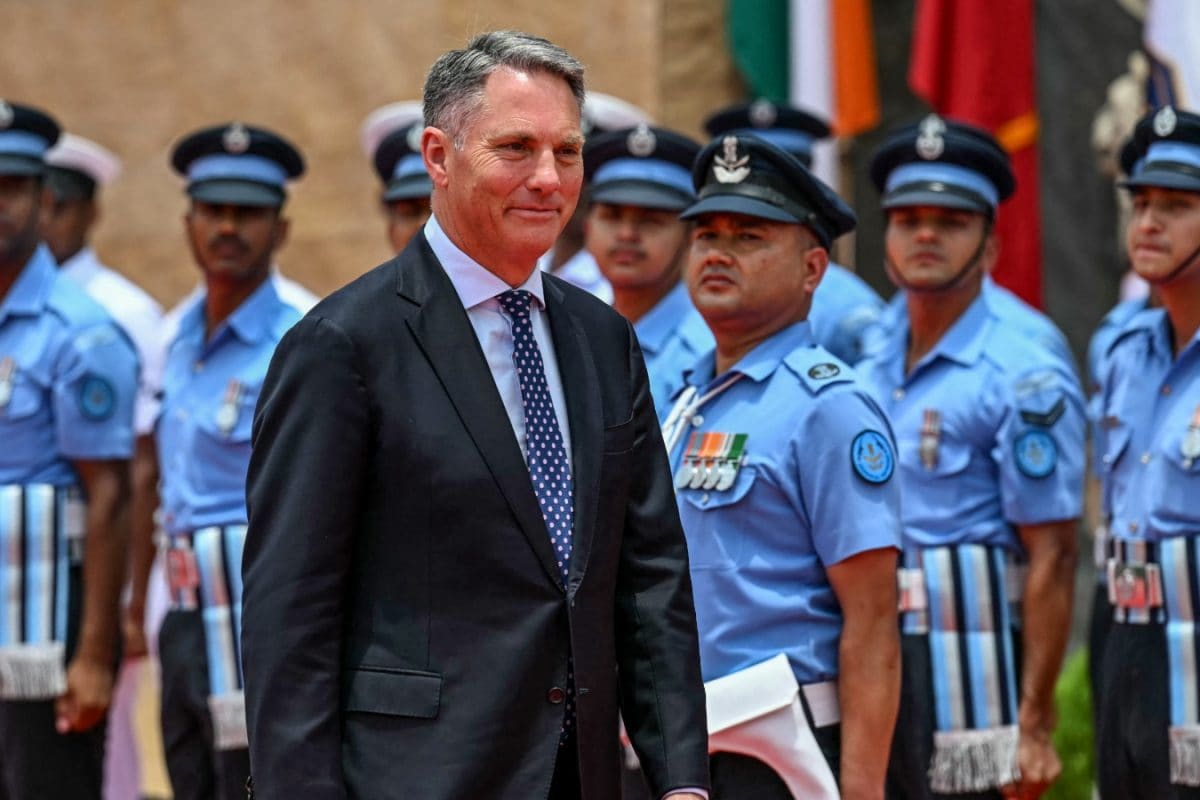

Australia is increasingly vocal about its concerns regarding China's military expansion in the Indo-Pacific region, emphasizing the need for a peaceful and stable environment. Australian Deputy Prime Minister Richard Marles has repeatedly characterized China's military build-up as the "most significant increase in military capability and conventional build-up by any nation since World War II". This assessment underscores the gravity with which Australia views the situation.
Marles, who also serves as the Defence Minister, has consistently called for greater transparency from Beijing regarding its strategic intentions. He argues that the scale of China's military growth, combined with a lack of clarity about its objectives, is causing unease among regional neighbors. "It's not just the size of the expansion, but the lack of clear strategic intent from China," Marles stated, emphasizing the importance of "strategic transparency and reassurance."
Australia's concerns are not limited to the overall increase in military might. Specific incidents, such as the close proximity of Chinese warships to Sydney and encounters between Chinese and Australian military aircraft, have heightened anxieties. In February, three Chinese warships approached within 150 nautical miles of Sydney, marking the closest such encounter on Australia's eastern coast. Simultaneously, Australia accused a Chinese jet of releasing flares dangerously close to an Australian aircraft over the South China Sea. These events have contributed to a sense that China's actions are becoming more assertive and potentially destabilizing.
In light of these developments, Australia is taking steps to bolster its own defense capabilities and strengthen partnerships with other nations in the region. Marles has affirmed Australia's commitment to increasing defense spending, with plans to reach approximately 2.3% of GDP within the decade. This increase represents the "single biggest peacetime increase in defense expenditure in Australia's history". Australia is also deepening its defense and security partnership with India, recognizing the shared concerns about China's growing influence.
Australia's approach to the Indo-Pacific is rooted in a commitment to a rules-based international order, freedom of navigation, and the peaceful resolution of disputes. Marles has emphasized the importance of upholding international law, particularly the UN Convention on the Law of the Sea. Australia actively participates in initiatives like the Indo-Pacific Endeavour, an annual activity designed to strengthen partnerships with regional security forces through military cooperation, joint training, and people-to-people engagement.
Furthermore, Australia recognizes the importance of a multilateral approach to security in the Indo-Pacific. It is an active member of the Quadrilateral Security Dialogue (Quad), which also includes India, Japan, and the United States. While not a formal military alliance, the Quad serves as a platform for cooperation on a range of security, diplomatic, and economic issues, with a shared goal of promoting peace and stability in the region.
Australia's message is clear: it seeks a peaceful and stable Indo-Pacific region where all nations adhere to international law and engage in open and transparent communication. While acknowledging China's right to modernize its military, Australia insists on the need for strategic reassurance and a clear articulation of China's intentions to alleviate regional concerns and prevent unintended escalation.